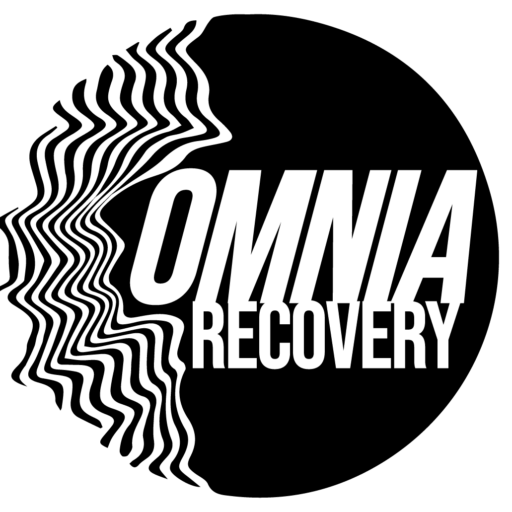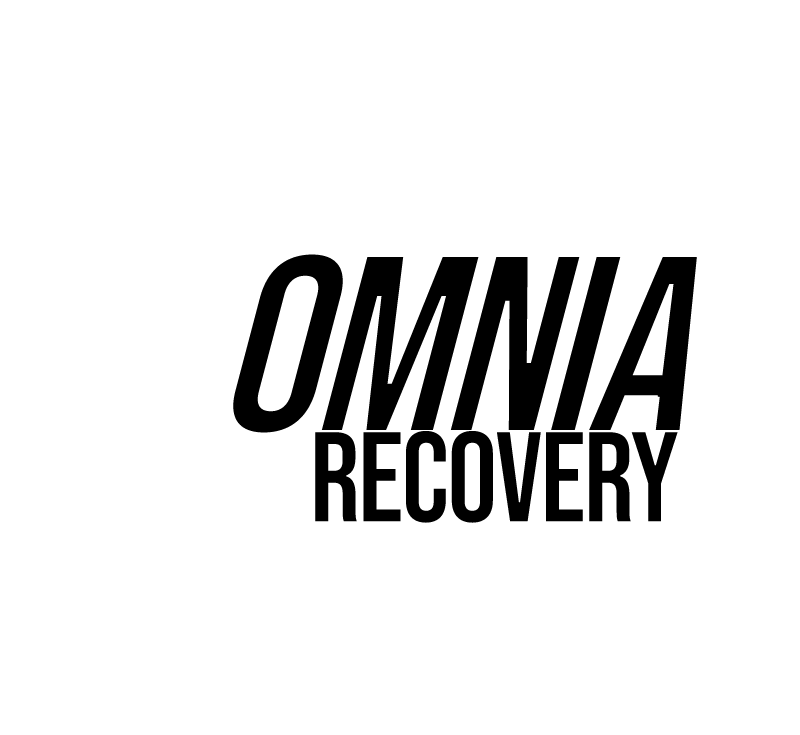When navigating the challenges of mental health, it’s easy to feel isolated, overwhelmed, and misunderstood. However, one of the most powerful tools in overcoming these challenges is often overlooked: peer support. The power of connecting with others who share similar experiences cannot be overstated. At Omnia Recovery, we recognize the immense value of peer support in mental health treatment and recovery.
What Is Peer Support?
Peer support is the process of giving and receiving help and understanding between individuals who share similar experiences, particularly in the context of mental health. Unlike professional therapy, peer support involves individuals who have personally faced mental health challenges offering their insights, empathy, and encouragement to others who are going through similar struggles. This support can take many forms, including one-on-one meetings, group sessions, online communities, or support groups.
Key Benefits of Peer Support
Shared Experience and Understanding
- Relatable Insight: One of the most profound benefits of peer support is the shared experience between peers. When someone who has lived through similar mental health challenges offers support, it comes from a place of genuine understanding and relatability. This can make a world of difference to someone who feels isolated or misunderstood in their struggles.
- Validation: Hearing “I’ve been there too” from a peer can provide immense relief and validation. It helps individuals realize that they are not alone in their experiences and that others have successfully navigated similar challenges. This validation can reduce feelings of shame, guilt, or alienation.
Building Hope and Empowerment
- Inspiration from Success Stories: Peers who are further along in their recovery journey can serve as powerful role models. Their stories of resilience and recovery can inspire hope and show that it is possible to overcome even the most daunting mental health challenges.
- Encouragement and Motivation: Peer support fosters a sense of empowerment. Knowing that others have successfully managed their mental health can motivate individuals to take proactive steps in their own recovery. The encouragement from peers can boost confidence and reduce the fear of failure.
Creating a Supportive Community
- Breaking Isolation: Mental health challenges often lead to feelings of isolation, where individuals may withdraw from social interactions and feel disconnected from others. Peer support helps break down these barriers by creating a community where individuals can share their experiences and support each other.
- Long-Term Relationships: The bonds formed through peer support can lead to long-lasting relationships that provide ongoing support and companionship. These connections are crucial for maintaining mental well-being and preventing relapse or setbacks.
Practical Advice and Problem-Solving
- Real-World Solutions: Peers who have navigated similar mental health issues often have practical advice and coping strategies that have worked for them. This kind of guidance, based on lived experience, can be incredibly valuable in managing day-to-day challenges.
- Collaborative Problem-Solving: In peer support groups, individuals can work together to brainstorm solutions to common issues, such as managing stress, dealing with triggers, or balancing work and mental health. This collaborative approach not only provides new perspectives but also reinforces the sense of community.
Complementary to Professional Treatment
- Enhanced Recovery Outcomes: Peer support is a valuable complement to professional mental health treatment. While therapy, medication, and other clinical interventions are essential, the added layer of peer support can enhance treatment outcomes by providing emotional and social support that professionals alone may not be able to offer.
- Bridging the Gap: Peer support can also help bridge the gap between clinical appointments by offering continuous, accessible support. This ongoing connection can be especially important during times of transition, such as after discharge from a hospital or treatment program.
How Omnia Recovery Integrates Peer Support
At Omnia Recovery, we believe that peer support is a crucial component of comprehensive mental health care. We integrate peer support into our treatment programs in several ways to ensure that our clients benefit from the shared wisdom and encouragement of those who have walked a similar path.
Peer-Led Support Groups
- Safe Spaces for Sharing: Our peer-led support groups provide a safe, welcoming environment for individuals to share their experiences, challenges, and successes. These groups are facilitated by trained peers who have personal experience with mental health challenges and can offer both empathy and guidance.
- Regular Meetings: We offer regular peer support group meetings that allow participants to build relationships and create a sense of community. These meetings are a cornerstone of our approach, providing consistent support and connection.
Peer Mentorship Programs
- One-on-One Support: Through our peer mentorship programs, clients are paired with a peer mentor who has successfully managed their own mental health challenges. This one-on-one support allows for personalized guidance and fosters a strong, supportive relationship.
- Ongoing Encouragement: Peer mentors provide ongoing encouragement, helping clients navigate the ups and downs of their mental health journey. They serve as a source of inspiration and motivation, helping individuals stay on track with their recovery goals.
Integration with Clinical Care
- Collaborative Approach: At Omnia Recovery, we take a collaborative approach to mental health care. Our peer support programs are integrated with clinical treatment, ensuring that clients receive a well-rounded approach to their recovery. This integration helps to reinforce the lessons learned in therapy and provides additional layers of support.
- Holistic Care: By combining peer support with professional treatment, we offer holistic care that addresses the emotional, social, and psychological aspects of mental health. This comprehensive approach helps individuals build resilience and achieve lasting well-being.
The Long-Term Impact of Peer Support
The benefits of peer support extend far beyond the initial stages of recovery. Long-term, peer support can help individuals maintain their mental health, prevent relapse, and continue to grow and thrive. The relationships and community built through peer support can provide ongoing encouragement, accountability, and friendship, helping individuals navigate life’s challenges with confidence.
Find Peer Support and Recovery
Peer support is a powerful and essential element of mental health care. By connecting with others who have shared similar experiences, individuals can find the understanding, encouragement, and practical support they need to manage their mental health and achieve long-term recovery. At Omnia Recovery, we are committed to providing a robust peer support network that empowers our clients to build strong, supportive relationships and take control of their mental health journey.
If you or someone you know is struggling with mental health challenges, don’t hesitate to reach out. At Omnia Recovery, we’re here to support you with a comprehensive approach that includes both professional treatment and the invaluable benefits of peer support. Together, we can build a community that uplifts, encourages, and sustains you on your path to mental wellness.




